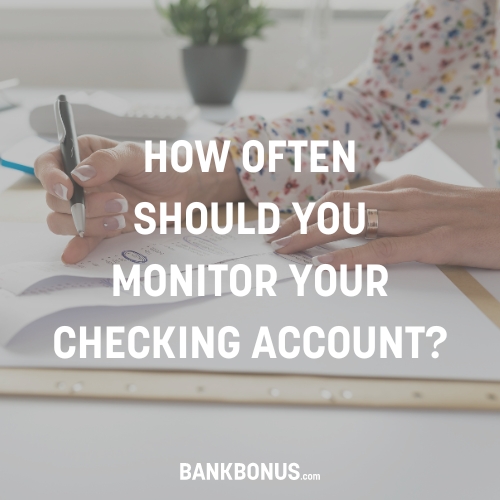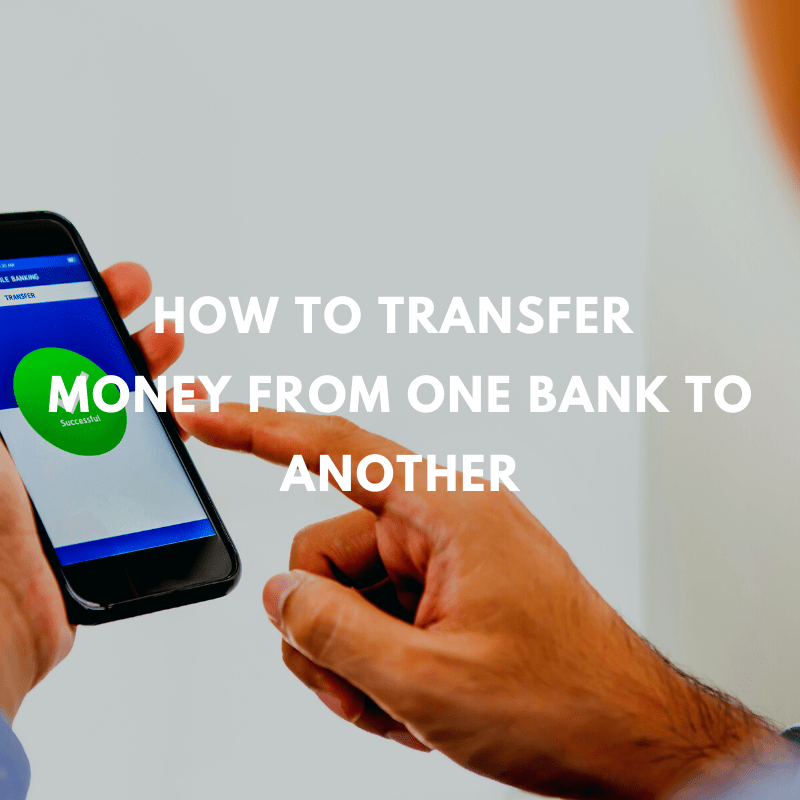Have you come across a debit card purchase you don’t recognize or unauthorized transactions in your billing statement? If the answer is yes to either of the above, you could be the victim of fraud.
Fortunately, the FCBA (Fair Credit Billing Act) is there to protect you. You can get some, or all, of your money back by initiating a dispute process. Still, it is important to act quickly.
If you need help figuring out how to dispute a charge on your debit card, this article will cover the process of disputing a transaction, helping you increase your chances of getting the money back.
What Is A Debit Card Charge Dispute?
A debit card charge dispute occurs when a customer does not agree with a charge on their debit card. There are two types of disputes, each of which follows a different procedure. Understanding these differences will help you make sure you follow the correct procedure.
Lost or Stolen Debit Cards
If you lost your debit card, you are liable for up to $50 of the fraudulent charges as long as you report it stolen or lost within two days. If you report it after two days (but before 60 days after your statement), you are liable for up to $500.
After 60 days, liability caps are usually removed, meaning you might need to cover those fraudulent charges. That’s why it’s so important to keep an eye on your billing statements and accounts and report any unrecognized charges as soon as you spot them.
Debit Card NOT Lost or Stolen
If your card was not stolen, but fraudulent charges were made, you are not liable to pay any fraudulent charges. That’s as long as you report them within 60 days from the day the statement was made available to you.
While fraudulent charges resulting from lost and stolen debit cards have shorter leads, you should act fast in either scenario.
Taking quick action will help you reduce your exposure and put you on the safe side of the process.
How To Dispute a Charge on Your Debit Card
Here’s how to dispute a charge resulting from unauthorized debit card use:
Step 1: Block your card
The first step that you should take is to block your card. Many banks allow you to block and unblock your debit card at the click of a button right from your mobile banking app or online banking portal.
Doing so will help you put your mind at rest that there are no further charges.
If it happens to be a false alarm, you can just as easily unblock right from the app. That’s a security feature that is handy to have, so do make use of it if you ever need it.
Step 2: Identify the charge
The next step is to identify the unauthorized charges you want to dispute. If you have a bank statement, keep it handy so that you can quote details such as the date, time, place, and dollar amount easily.
Step 3: Get in touch with the bank
Once the charge has been identified and all relevant data collected, it is time to contact the bank. Here, you can either call the bank or send a letter.
Opening a dispute orally (calling the card issuer’s phone number) is faster since all you need to do is call. On the other hand, a letter may be considered safer since it’s physical proof. To get the best of both worlds, call the bank then advise them that you will be sending a letter.
Generally speaking, banks have up to 45 business days to conclude their investigations – but it can take up to 90 days.
You should be issued with what is called provisional credit within ten days, though this can sometimes can take up to 20 days.
One important thing to note here is the use of the word provisional. Provisional means that while the bank is giving you the money, it has not confirmed the fraudulent charge. You may need to make full restitution should the investigation process not find in your favor.
How To Dispute Debit Card Errors
Disputing an error follows a different kind of procedure than the previous one. When disputing an error, you essentially agree with the charge – but not the amount. You have 60 days from statement issuance to open this dispute by law.
The EFTA (Electronic Funds Transfer Act) specifies which scenarios fall under this category. These are as follows:
- You did not authorize a debit card transaction
- You want to dispute a transfer that’s for the wrong amount
- You are missing a transaction (such as a direct deposit)
- There is a billing error in your statement
- You withdrew money, but the statement shows a wrong amount
- You want additional information about a particular transaction
It’s important to note that while credit cards give you protections on quality disputes, this is not the case when using a debit card. As such, this scenario is not listed in the above list.
However, if your debit card belongs to Visa or Mastercard network, you may be entitled to additional protections.
How To Open A Debit Card Error Dispute
Step 1: Identify the charge
As the cardholder, it is your responsibility to identify your debit card statement errors. It is essential to review bank account and debit card activity as often as possible to ensure everything is above board.
You should also take time to review credit card transactions and credit card charges to identify potential mistakes as early as possible.
Once you have identified the charge, collect as much information as possible, including:
- Account number
- Card number
- Type of transaction (ex. ATM transaction)
- Transaction date and time
- Disputed amount
The more information you can collect, the better.
Step 2: Open a dispute
Once you’ve collated all of the information, it is time to open a dispute with the card issuer. Check the issuer’s website for the correct telephone number or address to make sure you send the dispute to the right place on the first try.
You can call or send a letter – or you can do both. While sending a letter will provide you with physical proof that you opened a dispute, a phone call is much quicker and will help you get the process started sooner.
Here’s a sample letter:
[Your Name, Address] + [Your Account Number]
[Name + Address of Creditor]
Dear Sir/ Madam:
I am writing to dispute a billing error in the amount of [insert amount] on my account. The amount is inaccurate because [describe what happened]. I am requesting for the error to be corrected. I am also requesting that any charges related to the disputed amount be credited. I would also like to receive an accurate statement.
To support my dispute, I am attaching copies of [describe any information you are enclosing, e.g., payment records, sales slips]. Please investigate this and correct the billing error as soon as possible.
Regards,
[Your name]
[List the enclosures]
Step 3: Wait for a response
Once a dispute has been opened, the bank is obliged to give you an answer within ten days. In some instances, this may extend to 45 days. That said, you will be issued provisional credit covering the full amount in such cases.
If you’re unhappy with the bank’s answer or didn’t get one at all, you can open a complaint with the CFPB (Consumer Financial Protection Bureau).
You can open a complaint with the CFPB by visiting their website or giving them a call on (855) 411-CFPB (2372). Alternatively, you can send a physical letter to the address below:
Consumer Financial Protection Bureau P.O. Box 4503 Iowa City, Iowa 52244
The National Consumer Law Center recommends filing the same complaint with the Attorney General of your state.
Debit Cards vs. Credit Cards
While debit cards and credit cards have a lot of similarities, they are also major differences between the two. One of these differences is how charges are disputed.
Debit cards are typically linked to a checking account, so money comes out of your bank account rather than a credit account. While credit cards have certain protections, this is not always the case with debit cards.
Even so, there are protections in place which are enshrined in law. These protections are the minimum that a bank can offer, and your bank may offer further protection.
Learn more:
Frequently Asked Questions
Can I dispute a debit card charge that I willingly paid for?
If you have paid for something in good faith, while technically you can open a dispute, it’s improbable that it will go in your favor and may land you in trouble. If you’ve been coerced or you were not of sound mind, protections may be available to you.
Since this can take different forms and is highly sensitive, you should speak to a lawyer or law enforcement.
What happens if you dispute a charge on your debit card?
When you dispute a debit card charge, the bank investigates your claim. If the investigation goes in your favor, you will receive a full refund.
If the bank doesn’t get back to you or you’re not happy with their decision, you can open a complaint with the Consumer Financial Protection Bureau.
How long do you have to dispute a charge on your debit card?
If you want to dispute a charge resulting from debit card loss or theft, you have two days to report it while limiting your liability to $50. If you report it within 60 days from statement issuance, your liability increases to $500. Any longer than that, and you may be liable for the full amount.
On the other hand, if you want to dispute an error, you have 60 days from when the card issuer issued the statement.
Can I dispute a charge on my debit card if I was scammed?
You can dispute a charge as unauthorized use if you have been scammed. You may run into issues if you willingly made the payment and realized it was a scam afterward. In this case, you might want to speak to your card issuer to see what options are available to you.





Comments are closed.
Comments are closed here.